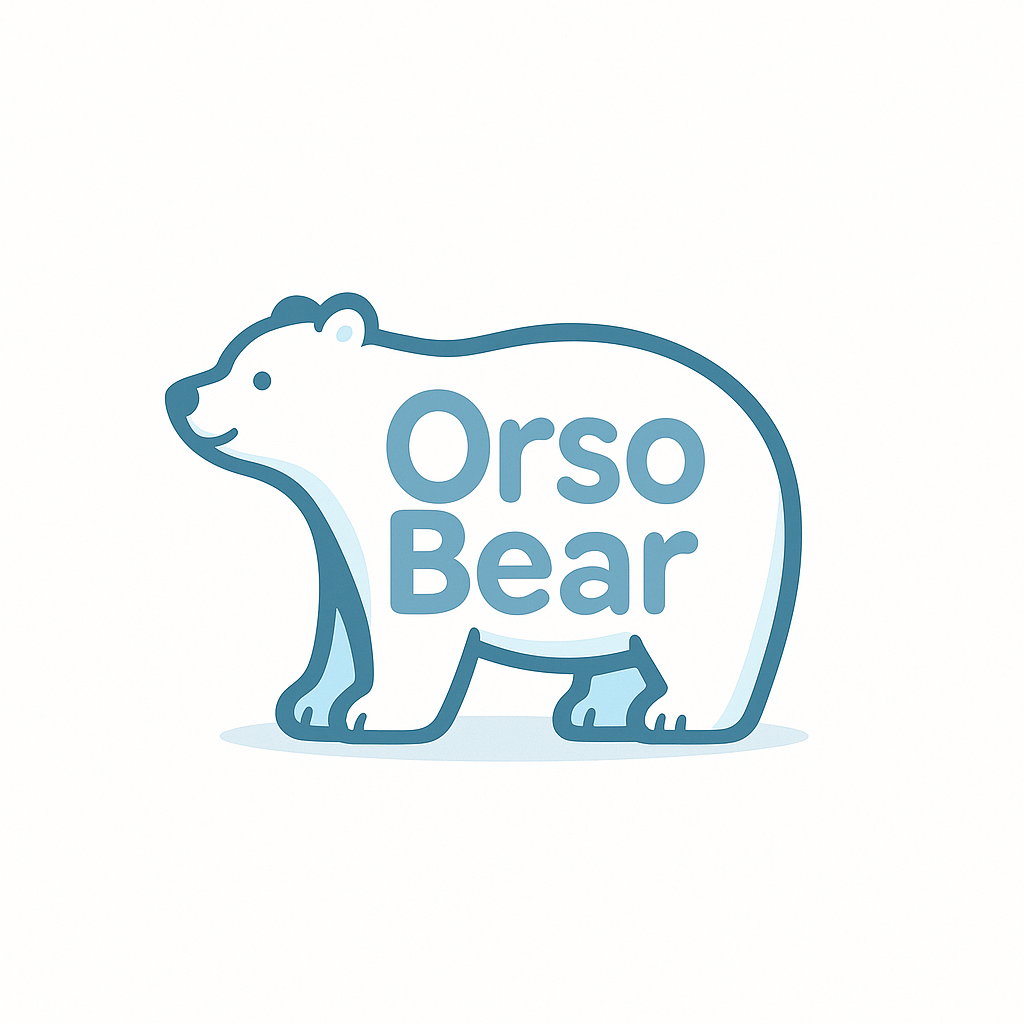Artificial Intelligence (AI) is no longer a topic for science fiction movies or a concept of the distant future. It is here, and it is revolutionizing businesses across the globe. From autonomous cars to voice-enabled personal assistants and sophisticated recommendation systems, AI is transforming the way we live and conduct business. If you’re a small business owner looking to stay ahead of the curve, understanding the latest advancements in AI technology can be a game-changer. So, let’s delve into the current trends in AI and explore how they might shape our future.
1. Natural Language Processing (NLP)
One of the most exciting advancements in AI technology is Natural Language Processing (NLP). NLP is a branch of AI that helps computers understand, interpret, and respond to human language in a valuable way. In other words, it enables machines to communicate with people in their language, enhancing the interaction between humans and computers.
Chatbots are a practical example of how businesses are leveraging NLP. Companies like Amazon and Apple use NLP to power their voice assistants, Alexa and Siri, respectively. These chatbots can understand and respond to customer queries in real-time, providing instant customer service and enhancing the overall customer experience. According to Gartner, by 2022, 70% of white-collar workers will interact with conversational platforms daily.
2. Predictive Analytics
The ability of AI to predict future outcomes based on historical data is another groundbreaking advancement. Known as predictive analytics, this AI technology uses data, statistical algorithms, and machine learning techniques to identify the likelihood of future outcomes.
A case study that showcases the power of predictive analytics is Netflix. The streaming giant uses predictive analytics to understand viewer preferences and predict what they’d like to watch next. This personalized recommendation system is one of the reasons behind Netflix’s massive success. As per McKinsey, predictive analytics can lead to an increase in sales of up to 20% and a 10% reduction in costs.
3. Robotic Process Automation (RPA)
Robotic Process Automation or RPA is an AI technology that automates mundane and repetitive tasks, thus freeing up employees to focus on more complex tasks. RPA bots can interact with any software or system, just like humans, making them ideal for tasks like data entry, processing transactions, and responding to simple customer service queries.
For instance, the Bank of New York Mellon Corp uses RPA for tasks like managing exceptions in the payment process and correcting formatting and data mistakes. According to Forrester, RPA market is expected to reach $2.9 billion by 2021.
Future Implications and Trends
As AI continues to evolve, we can expect to see more personalized and predictive applications, especially in the areas of healthcare, education, and transportation. For example, AI could be used to predict health risks, personalize learning experiences, and optimize logistics and transportation.
On the flip side, the rise of AI also raises questions about data privacy and job security. As AI becomes more sophisticated, it’s crucial for businesses and policymakers to address these issues and ensure that the benefits of AI are distributed equitably.
The latest advancements in AI technology offer exciting possibilities for businesses of all sizes. From improving customer service with NLP to boosting efficiency with RPA and making informed decisions with predictive analytics, AI has the potential to drive business growth and innovation.
However, embracing AI also requires businesses to navigate challenges related to data privacy and job displacement. As we step into the future, it’s crucial for small business owners to stay informed about these advancements and consider how they could be leveraged or addressed in their own operations.




